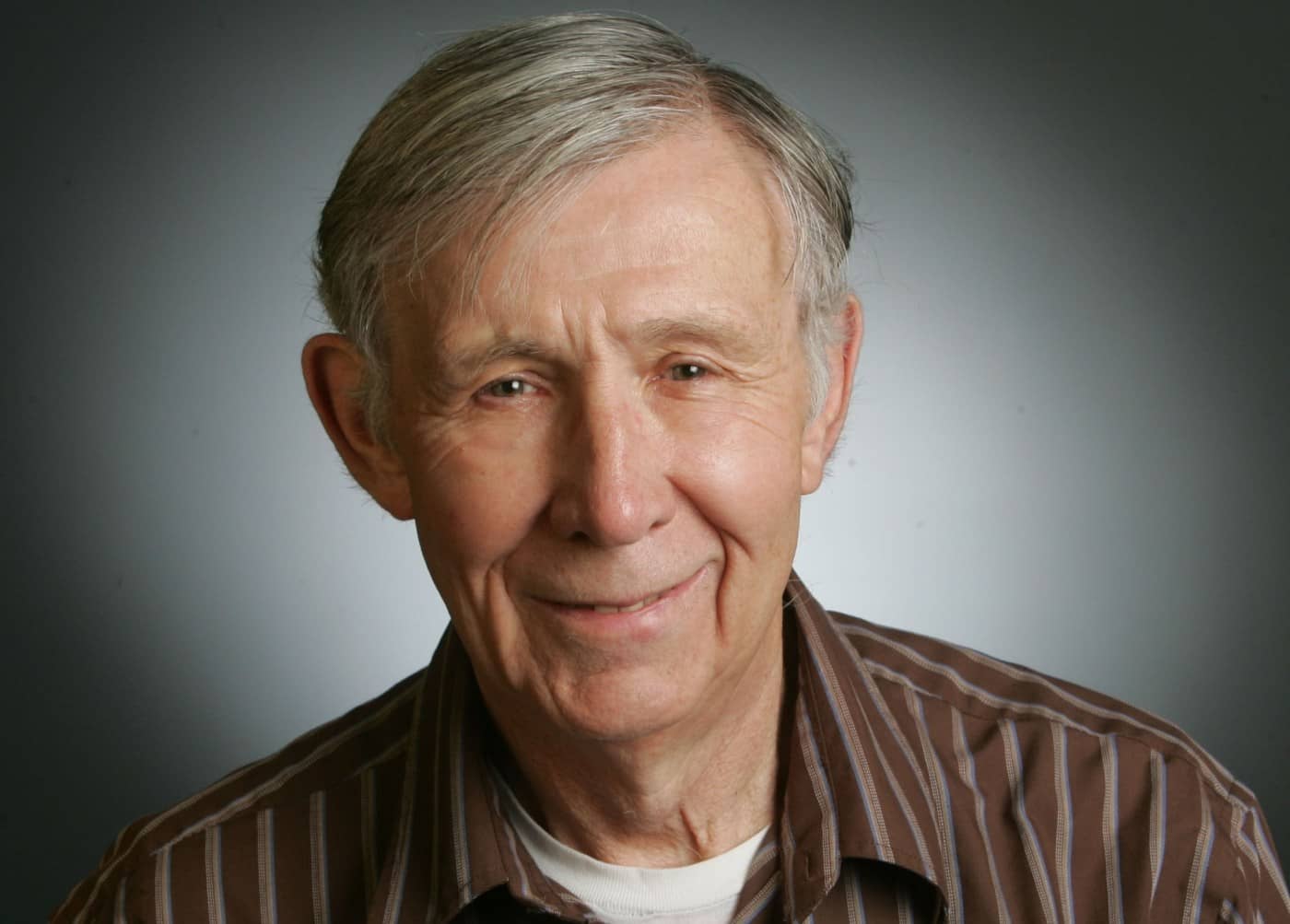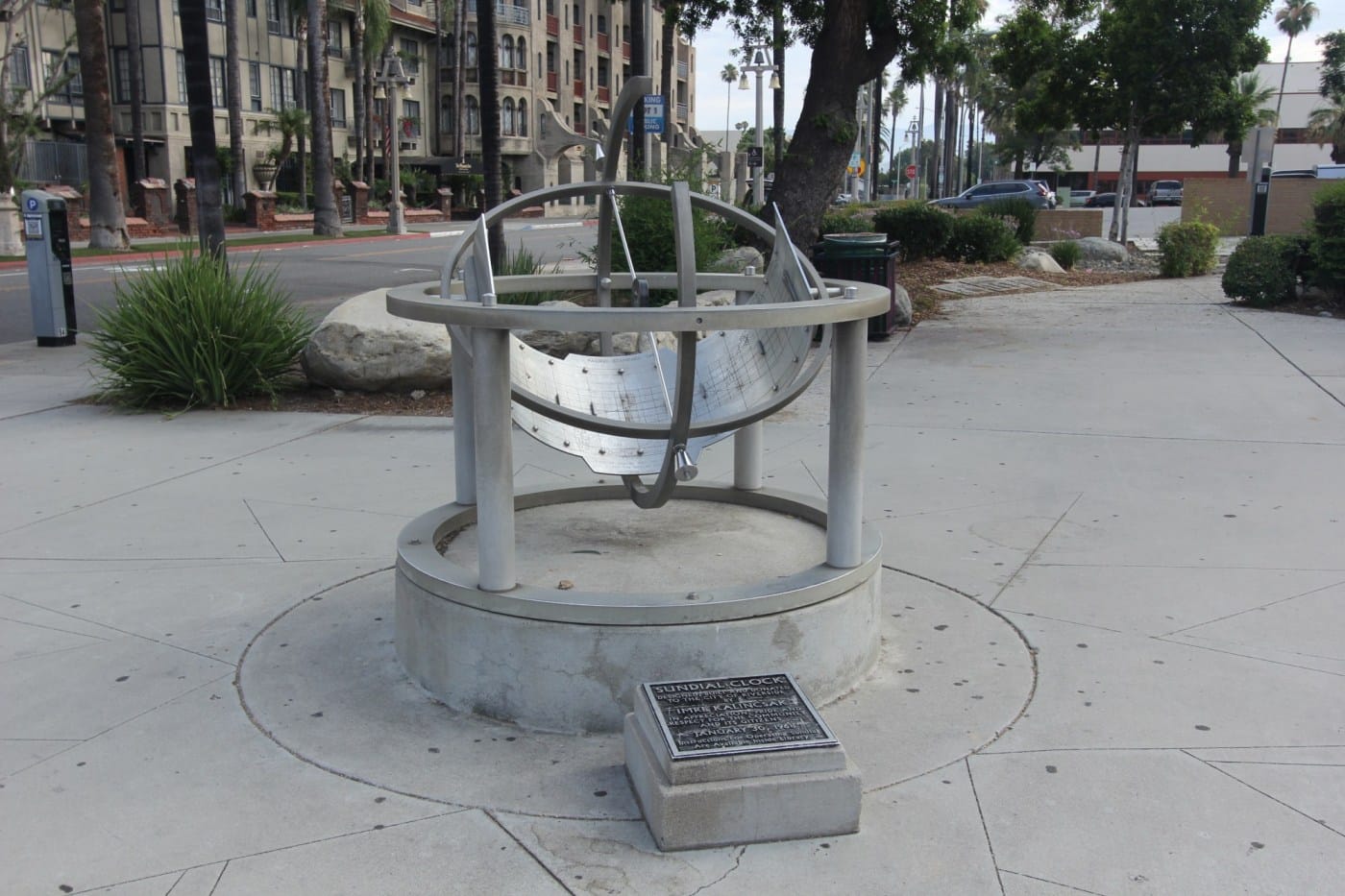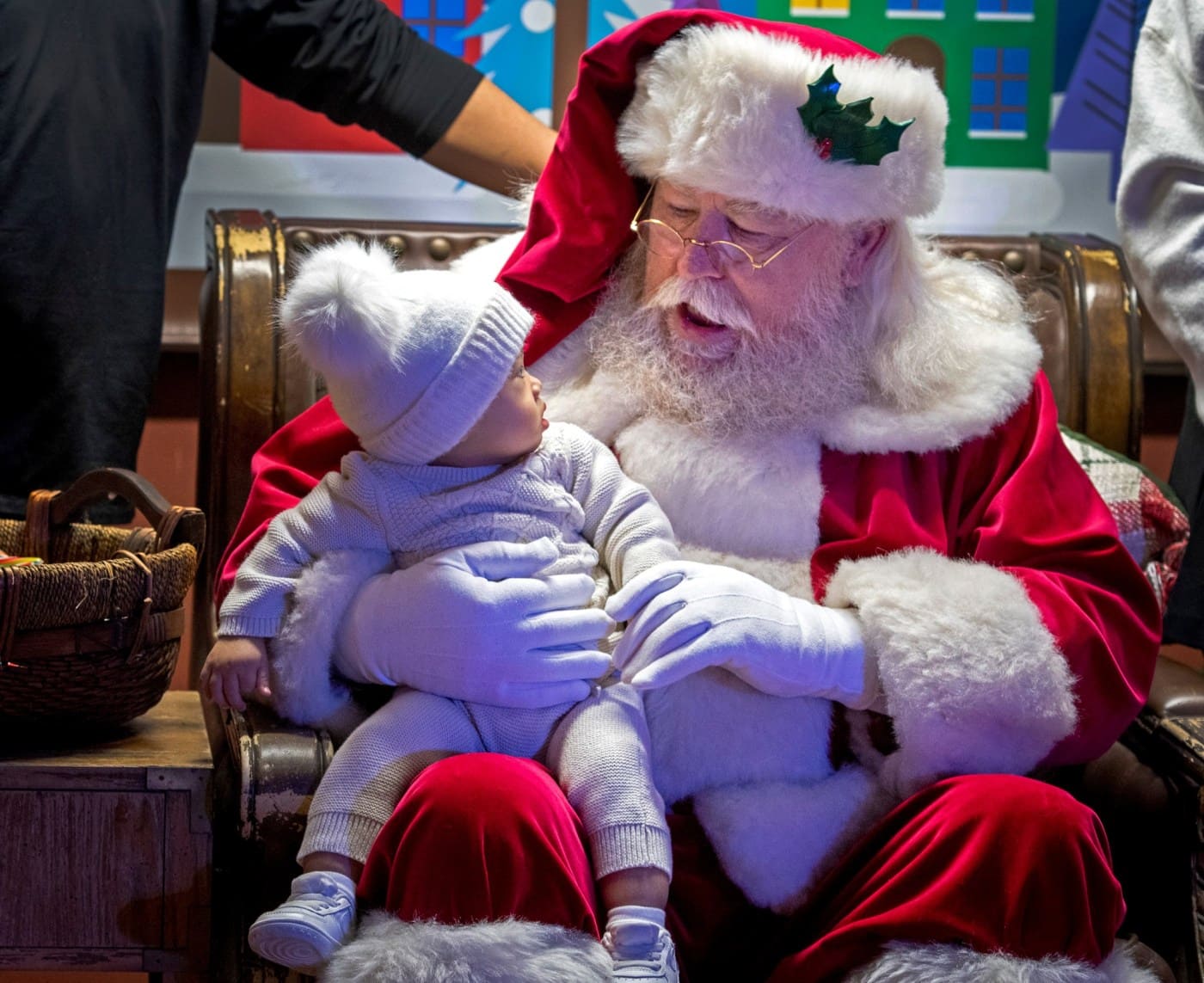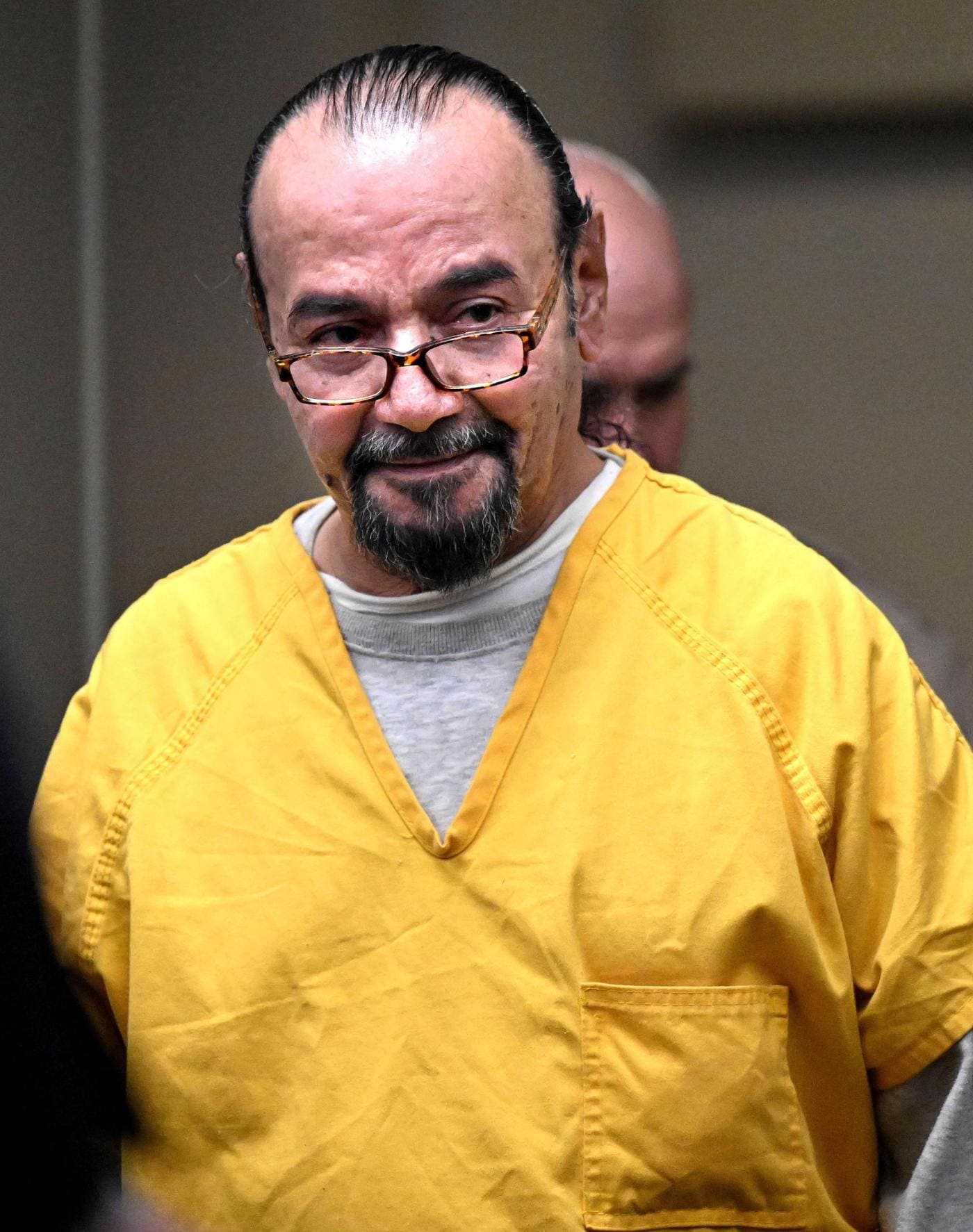By Carlos Cortés | Contributing Columnist
Sometimes writing projects just come along and grab you. It happened to me last year when Steven Mandeville-Gamble, university librarian at UC Riverside, asked me to donate my professional papers to the UCR Library’s Special Collections Department.
I was both honored and awed by Steve’s invitation. Honored because it meant that my records would have a permanent home for research use. Awed because it meant culling through the immense amount of stuff I had amassed since I started at UCR 56 years ago.
Even I was surprised as I rummaged through boxes and files. Myriad audiotapes of talks I had given (some labeled; others not). Two shelves of videotapes and DVDs of public lectures and performances of my one-person autobiographical play. File drawers of class notes, workshop outlines, speeches, and correspondence.
Then something struck me. My collection was abundant, but it lacked an easily-discernible shape. What stories lay behind these various documents? I needed to provide a personal historical context for the collection.

At first the idea seemed wearying, mainly because I’ve already written so much about my life. I’ve written a family-oriented memoir, “Rose Hill: An Intermarriage before Its Time.” A one-person autobiographical play — A Conversation with Alana: One Boy’s Multicultural Rite of Passage — which I have performed nearly 160 times throughout the country. A book of poetry about aging, “Fourth Quarter: Reflections of a Cranky Old Man.” A forthcoming semi-autobiographical novel, “Scouts’ Honor.” Even a book of personal reflections for my 90th birthday, a sort of living will for younger members of my family.
But until now I’ve never written my professional story. So I decided to give it a try. This sort-of-memoir would address a single question: how did this young acting assistant professor who began teaching Latin American history at UC Riverside, in 1968, end up taking such an unpredictable, somewhat bizarre professional journey that went off in multiple directions at the same time?
How did I morph from history into ethnic studies, multicultural education, and bilingual education? How did I become a specialist on diversity in the media, culminating in my book, “The Children Are Watching: How the Media Teach about Diversity”? After my 1994 UCR early retirement, how did I reinvent myself as a faculty member of the Harvard Institutes for Higher Education, the Summer Institute for Intercultural Communication, the Federal Executive Institute, and the University of Maryland, College Park? How did I land in such roles as creative/cultural adviser for Nickelodeon’s “Dora the Explorer” and later cultural consultant for Dreamworks’ “Puss in Boots: The Last Wish?” At age 86, how did I become inaugural co-director of the UCR School of Medicine’s Health Equity, Social Justice, and Anti-Racism curriculum?
My professional life was a jigsaw-puzzle journey comprised of multiple stories without a clear beginning or an easily-discernible trajectory. So I started writing in a way I had never done before. I write forward, backward, and in the middle, often simultaneously.
Some days I write forward, adding to my basic professional chronology. That’s a comfortable part of the historian’s trade. Writing about life as a series of steps, onward, sometimes upward, sometimes outward.
Other days I write backward, choosing a singular moment and then documenting the series of serendipitous circumstances that led me to that particular destination. For example, what fortuitous stepping-stone events resulted in my being invited to be the keynote speaker for an international English language learning conference in Seoul, South Korea, an international higher education residence hall conference in Canberra, Australia, and a national business conference in Tokyo, Japan?
Sometimes I plop down in the middle of my life and reminisce about a particular experience. For example, guest hosting three episodes of the PBS national television series, “Why in the World?” Or being featured in a two-part multicultural education series for the Video Journal of Education. Or serving as a columnist for the monthly ezine American Diversity Report? Or working with Hallmark’s youth conflict resolution video series, “Talking with TJ.”
Each day’s writing brings surprises as I reflect on dimensions of my past. And this process also raises questions. Will these exploratory ruminations ultimately provide greater coherence for my library collection? I think so. Might they even add up to a new book? Maybe.
But at this point I’m just having a blast. It’s great fun trying to reconstruct a half century of professional life. For now I’ll just enjoy my current writing journey.
Carlos Cortés is professor emeritus of history at the University of California, Riverside, author of a memoir, Rose Hill: An Intermarriage before Its Time, and a book of poetry, Fourth Quarter: Reflections of a Cranky Old Man. He can be reached at carlos.cortes@ucr.edu.



